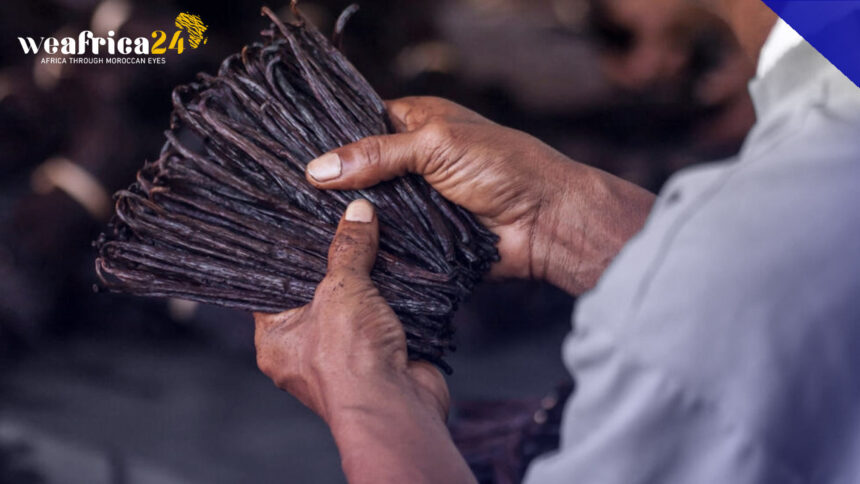There is a growing concern in Madagascar as the European Union (EU) has recently decreased the maximum tolerance levels for residues, such as nicotine, found in various food items, including vanilla, which is the country’s primary source of foreign currency. Those involved in the industry and government officials are currently working on a solution to comply with this new regulation.
In Madagascar, the authorities are calling on the European Commission to negotiate concerning the levels of nicotine residues contained in Malagasy vanilla. The world’s largest producer of this spice, the Big Island is in a bad position while the European Union (EU) has revised downwards its maximum residue limits, including nicotine, in several foodstuffs.
A new regulation would impact the entire sector and the economy of the island since 80% of the batches of Malagasy pods could exceed this new maximum limit, according to a series of analyzes by the Group of Vanilla Exporters from Madagascar. “There is a risk that a very large number of batches of vanilla will be rejected by Europe and the United States will follow”, emphasizes Georges Geeraerts, president of this group. “We must not forget that, even if the United States is the biggest consumer of vanilla from Madagascar in terms of volume, they often buy via European traders”.
This spice remains the main agricultural product earning foreign currency for Madagascar. “The objective is first to postpone the fateful date, the time that we understand what is happening, and then to possibly review these levels once we have understood where it comes from”, continues Georges Geeraerts.
The reason for the presence of nicotine residues in Malagasy vanilla remains undetermined. “Either it is a natural presence as in certain plants, or it is environmental contamination or human contamination”, explains the exporter.
The Council of Ministers has established an “operational force” comprising the Ministry of Commerce, the Ministry of Agriculture, and the Ministry of Foreign Affairs to initiate discussions with the European Commission and seek exemption from the new threshold.







